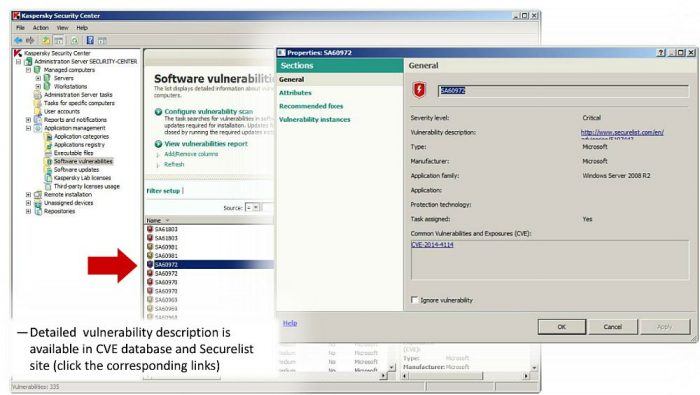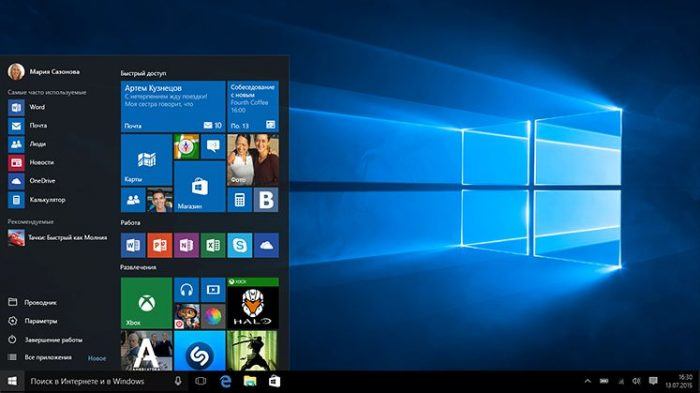
Vulnerabilities scanning and patch management in Kaspersky Security Center
Kaspersky Security Center 10, the Kaspersky Lab’s unified management console, makes it easier to manage and secure all your endpoints – including physical, virtual and mobile devices.
 patches
patches
 AV-Comparatives
AV-Comparatives
 glossary
glossary
 cyber incidents
cyber incidents

 Kaspersky Security for Virtualization
Kaspersky Security for Virtualization
 Antivirus
Antivirus
 0day
0day










